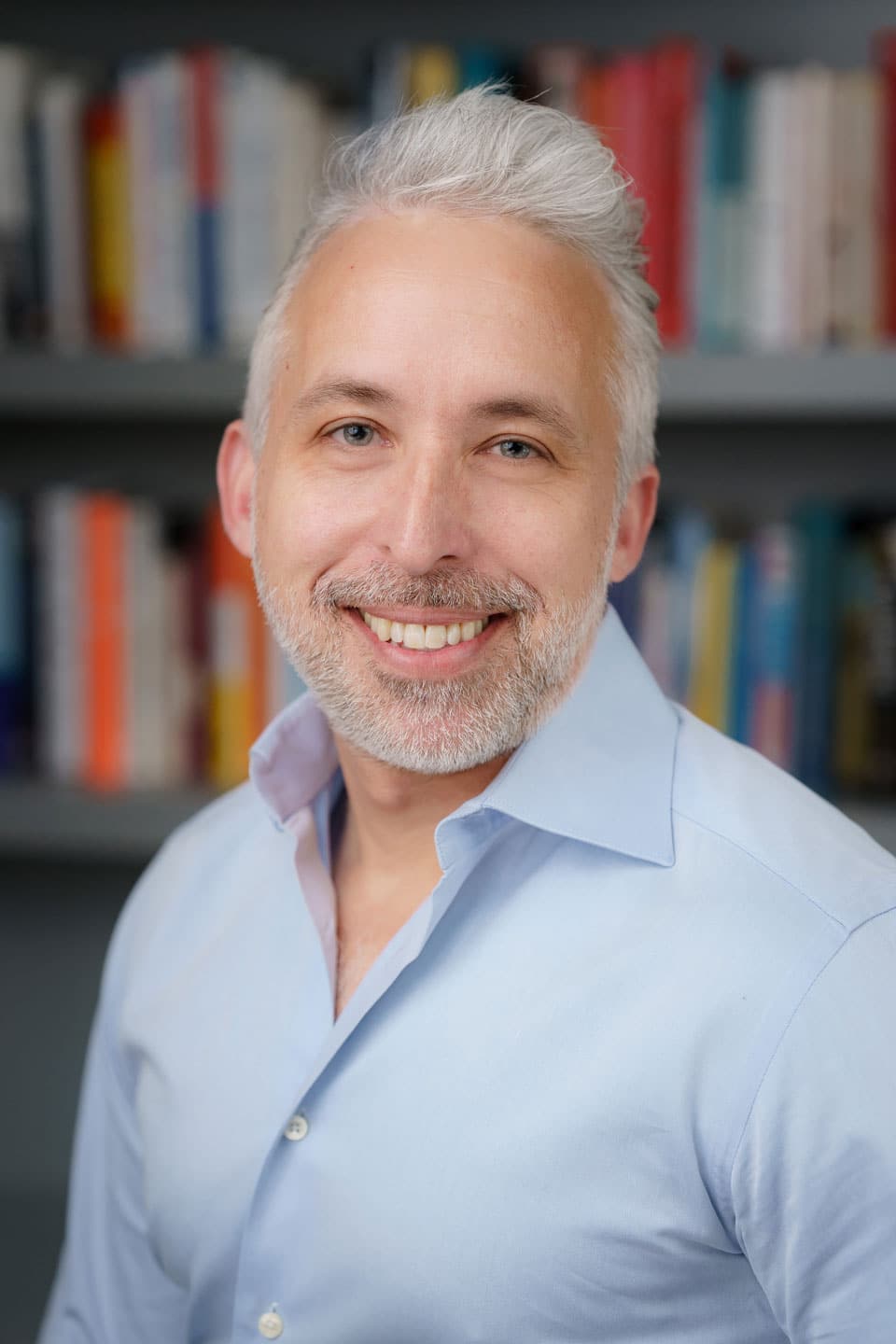The Power of Connection

They are the two things we fear the most: rejection and abandonment.
They could come from a family member, a friend, a co-worker, a neighbor, a classmate, even a prospective employer, client, or someone with whom we merely hoped to spend time.
Rejection and the sense of abandonment can also come from a group. Ample research has been done on herd mentality – the desire to conform to a group – and the pain that occurs if we feel ostracized, isolated or left out. It’s a phenomenon that seems to be even more pronounced, especially among young people, in the age of social media.
We tend to spend an inordinate amount of time working to avoid these emotions. Having said that, experiencing rejection and abandonment can help us begin to eliminate them from our lives. The key is to pay attention in the precise moments when we feel them most. That’s when we have the opportunity to ask two essential questions:
- What’s missing?
- What can I do to overcome this?
The answer usually is some version of finding human connection.
According to Psychology Today, “…the overarching emotional experience people tend to have in moments of human connection is uplift — a weight off the shoulders, and elevation of spirit.” Being connected protects us against experiencing these unwanted emotions of rejection and abandonment.
In my opinion, it’s even more than that. It’s what makes life worth living.
A lack of human connection, on the other hand, creates loneliness, which as Vivek Murthy cited in his book “Together,” is one of our world’s greatest health challenges. “Quite simply, human relationship is as essential to our well-being as food and water. Just as hunger and thirst are our body’s ways of telling us we need to eat and drink, loneliness is the natural signal that reminds us when we need to connect with other people.”
I spent more than a month hospitalized an hour away from my immediate family and many of my closest friends as part of my treatment for epilepsy. It could have felt interminable. Instead, there were periods where I felt more like myself than I had in many years. I was off medications that, to some degree, had dulled my senses. I was savoring every interaction, every visit, every conversation, in ways I had never done before.
The connections I experienced through that period in the hospital made an otherwise awful situation tolerable, even enjoyable at times.
I think it’s fair to say that three brain surgeries in a matter of months qualifies as extraordinary. But whether it’s brain surgery, caring for a family member, dealing with a career shift, a heartbreak or anything else that elicits a strong emotional response, it’s in these moments when we need connection the most.
So, why do many of us turn inward during these challenging times? What is it that makes sharing our concerns, our vulnerabilities, our uncertainty, our shame, even our guilt, so difficult? How can we shift our mindset to turn these weaknesses into strengths?
There can be a silver lining in every life event that appears dark and scary; it is a matter of searching for it and focusing on it. My time in the hospital easily could have led me down a deep, dark hole. Instead, I intentionally focused on the silver linings – and human connection was first and most obvious.
As I reflect back on the hardest period of my life, the keys to human connection have become clear:
- Active listening: Blocking out the other distractions in life and focusing all of your attention on the other person. As clinical psychologist and author Harriett Lerner said, “Listen with the same passion that you have for being heard.”
- Humility: The ability to not take yourself so seriously and recognize and appreciate that you are a small piece in the puzzle of life. The ability to admit you are wrong and to consider all possibilities and options especially when they are not your idea.
- Freudenfreude: A 2022 article in The New York Times brought this German term to the mainstream lexicon. Freudenfreude is, “the bliss we feel when someone else succeeds, even if it doesn’t directly involve us.” I have found that in many cases, the joy I experience from freudenfreude is even greater than the joy from my personal accomplishments. The essence of freudenfreude is human connection.
- Empathy: As Dr. Brene Brown defines it, “Empathy is connecting with people so we know we’re not alone when we’re in struggle. Empathy is a way to connect to the emotion another person is experiencing; it doesn’t require that we have experienced the same situation they are going through.” Without empathy, connection is impossible.
- Humor and laughter: It is so easy in stressful, pressure-filled situations to resort to our shadow tendencies. But as psychologist Barbara Fredrickson’s broaden-and-build theory suggests, “Experiencing positive emotions expands people’s ability to use their intellectual resources productively. Your perception of reality determines your actions: If you see a path to a positive reality, your brain will be quicker to see humor in the negative events of your external world. Thus when you have a negative work environment, you can use humor as a strategic tool to help others see a more positive reality.” What would happen if instead of resorting to anger, frustration and resentment, we instead searched for humor? The power of a simple smile can shift a tense situation into something fun and productive.
- Emotional intelligence (EQ): Emotional intelligence is one’s ability to both understand and manage different emotions across different environments. Embedded in human connection is emotion, and it’s how we manage our emotions that has an immense impact on the degree of the connection. It’s easy to allow our emotions to run on auto-pilot, but what if we were all just a little bit more intentional about how we handle our emotions and how we respond to others’ emotions?
- Eye contact: The simple act of sustained, comfortable eye contact has the power to further increase connection. I’ll never forget a social event more than ten years ago when I sat at a table of twenty colleagues, friends and spouses. I was across from someone I had never met before, and he truly made me feel like I was the only person in the room. I had never experienced eye contact in that way, and haven’t experienced it since.
Ultimately, human connection is about one’s ability to make others feel special, something all humans innately desire. After all, isn’t that what we strive to do with our children and our partners?
As Maya Angelou famously said, “I’ve learned that people will forget what you said, people will forget what you did, but people will never forget how you made them feel.” In a world full of disconnection, what we could achieve if everyone focused more on connection is limitless.
Written by Jonathan Tuteur.
Have you read?
Countries: Powerful Passports. Countries: Richest. Countries: Poorest. Countries: Happiest. Countries: Life Expectancy.
Bring the best of the CEOWORLD magazine's global journalism to audiences in the United States and around the world. - Add CEOWORLD magazine to your Google News feed.
Follow CEOWORLD magazine headlines on: Google News, LinkedIn, Twitter, and Facebook.
Copyright 2025 The CEOWORLD magazine. All rights reserved. This material (and any extract from it) must not be copied, redistributed or placed on any website, without CEOWORLD magazine' prior written consent. For media queries, please contact: info@ceoworld.biz








